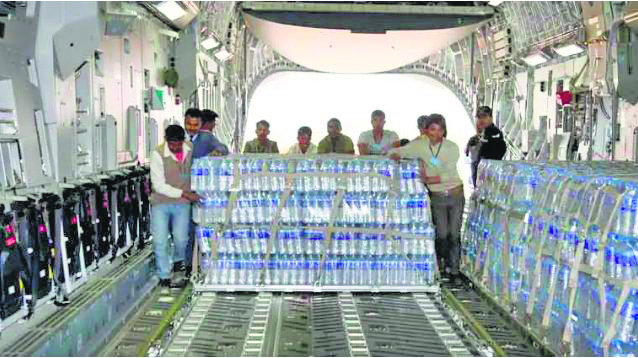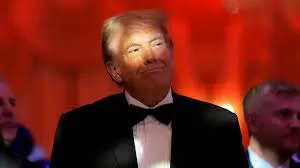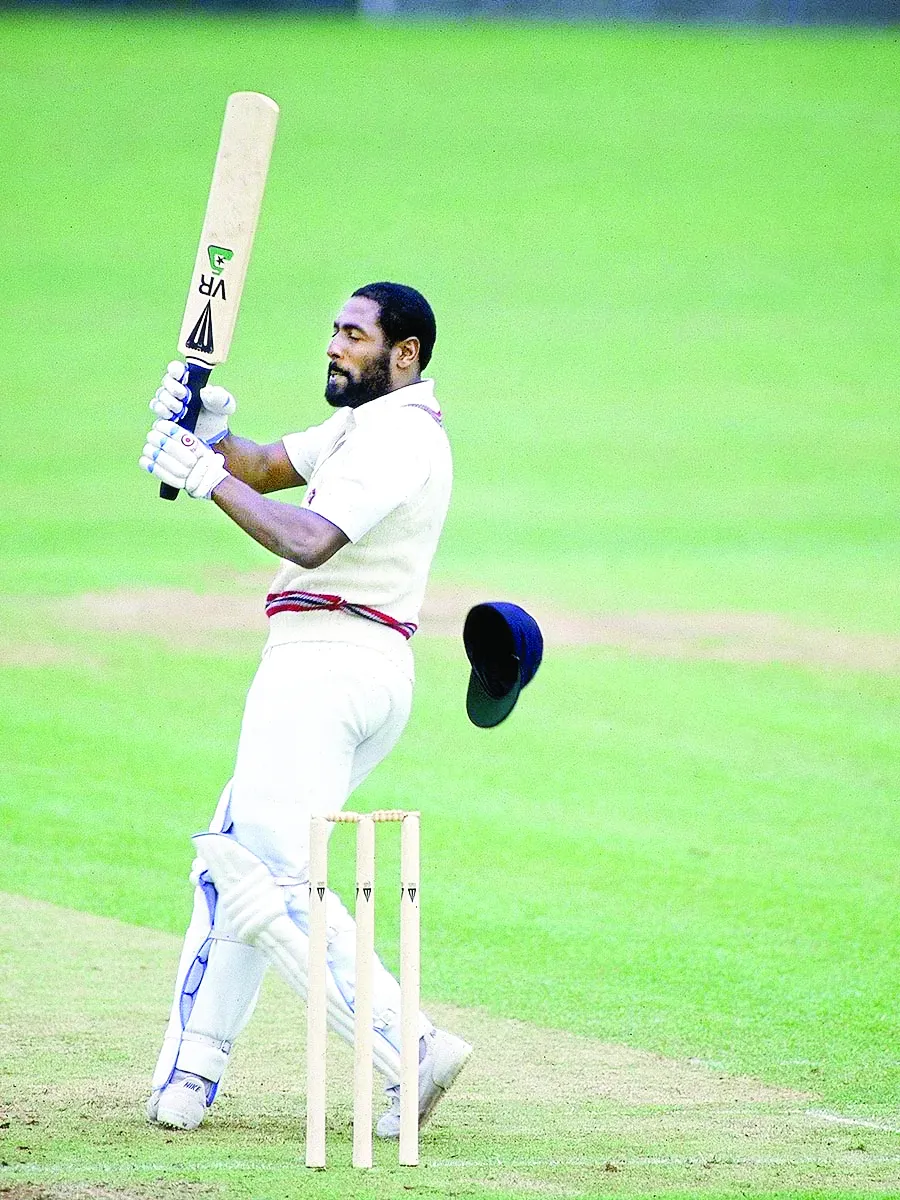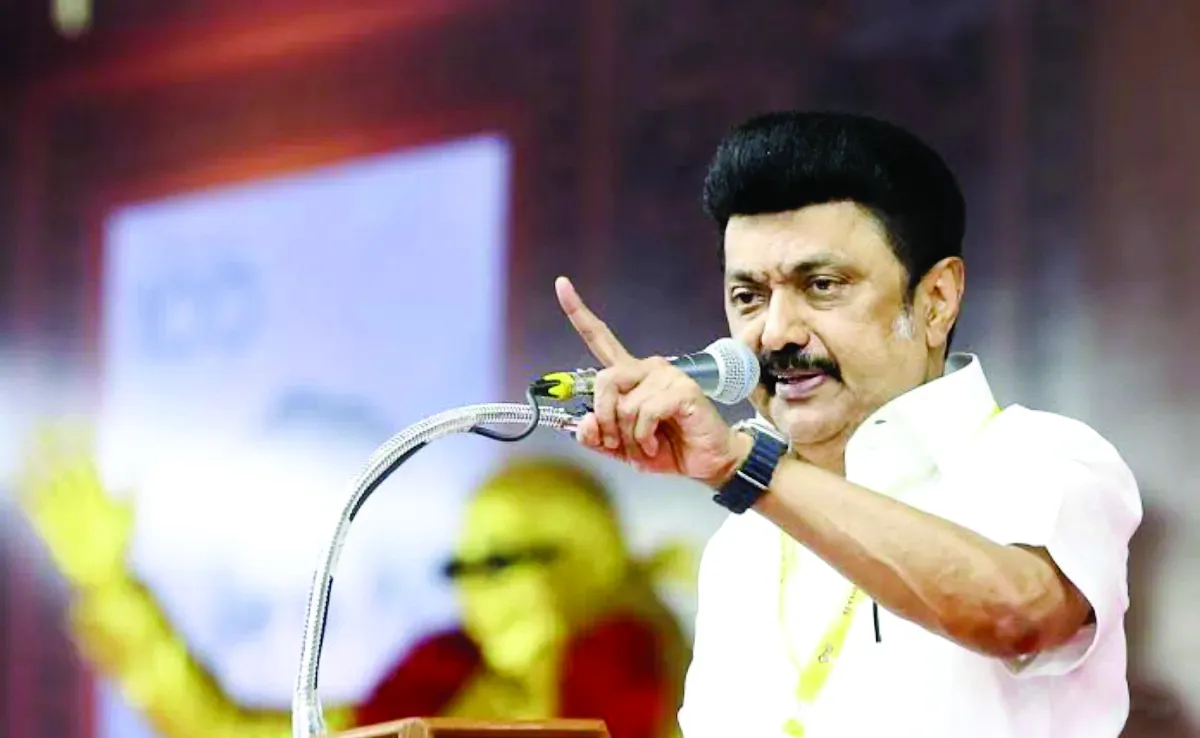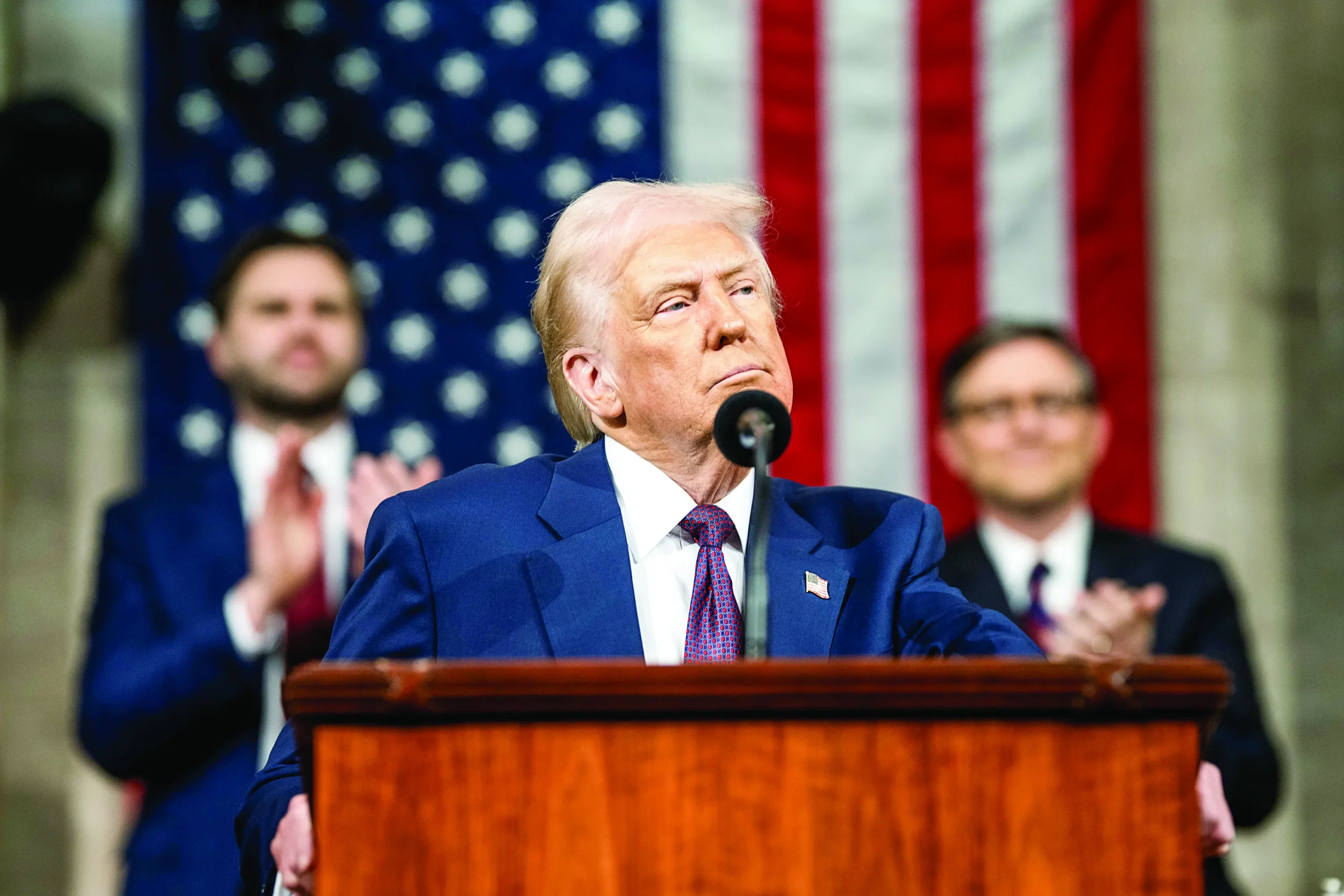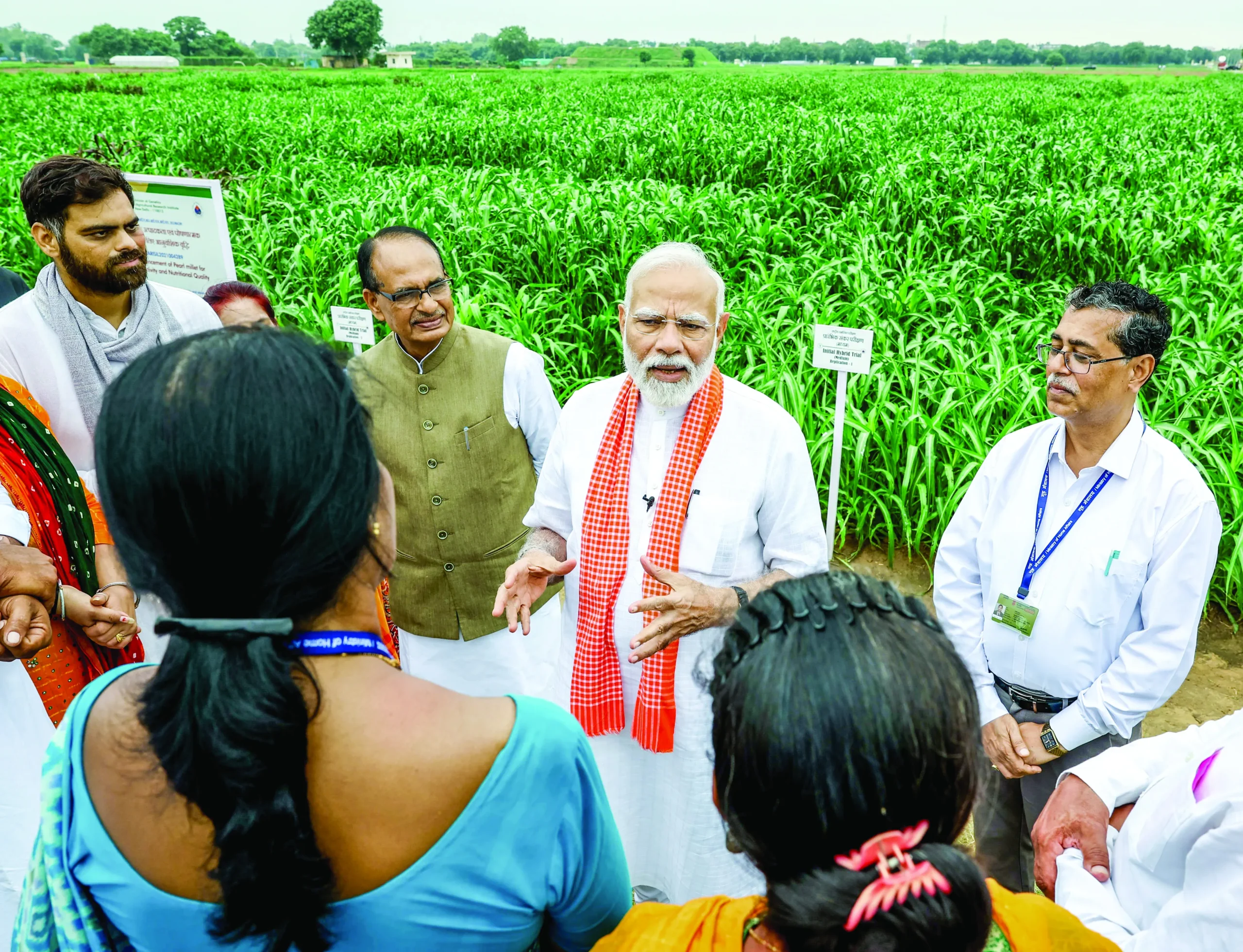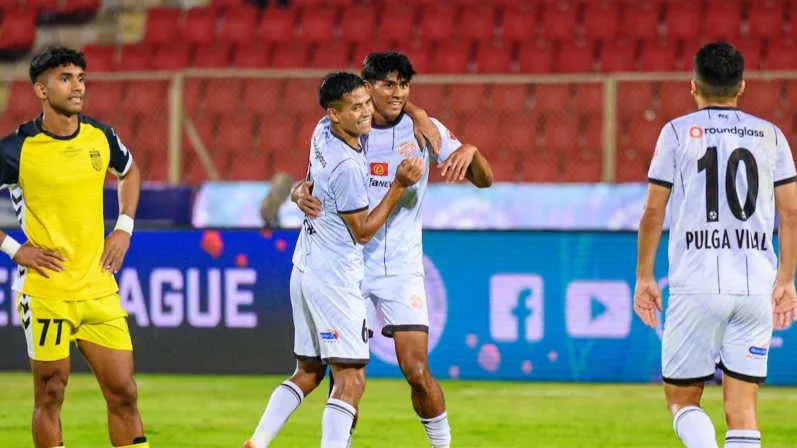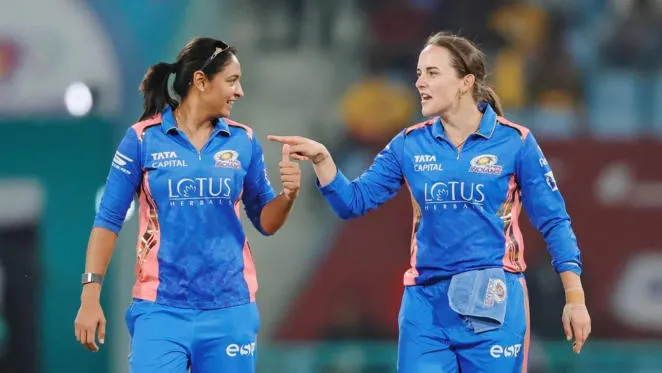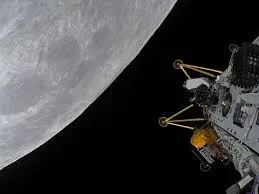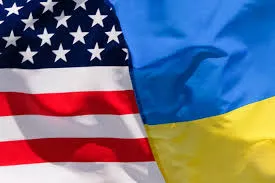India and Maldives share strong historical, cultural, linguistic, ethnic, religious and commercial links. Maldives got freedom from Britain in 1965 and India was among the first to recognise Maldives after its independence. India had extended a helping hand to the Maldives several times through Operation Cactus in 1988 when the Indian Armed Forces helped the government of Maldives in the neutralization of the coup attempt. In 2014 through Operation Neer when Maldives was facing the drinking water crisis and India supplied drinking water to Maldives. During the time of COVID-19 also India supplied 6.2 tonnes of essential medicines to Maldives, under Operation Sanjeevani as assistance.
But India’s relations with Maldives like its other neighbours had been subject to the inclination of the government who is in power. In the recent years during the time of Ibrahim Mohamed Solih, who was in power from 2018-2023, India shared a very cordial relationship with the Maldives. India signed an agreement with the Maldives to “develop, support and maintain” a harbour at Uthuru Thila Falhu naval base. But Abdulla Yameen, the former President of Maldives, who was pro-China started the ‘India Out’ campaign, setting a narrative against India. Mohamed Muizzu, the current President of Maldives, since he came to power in 2023, the relationship between India and Maldives is going through tough terrain. President Muizzu has visited Turkey, the UAE, and China since assuming office last year, breaking from the tradition of making India the first foreign destination for a newly-elected Maldivian president. He also asked the Indian government to withdraw its troops as well as its hydrographic surveys, the MoU for which was signed in 2019. Muizzu’s campaign fanned anti-India sentiments across the island nation.
Amid this dismay, a new imbroglio kicked off after the three Deputy Ministers Maryam Shiuna, Mahzoom Majid and Malsha Shareef made deprecating remarks about India and PM Modi after his recent visit to Lakshadweep recently. They made disparaging remarks on Twitter (now known as X) regarding India’s connections with Israel with the assumption that the Indian Prime Minister’s visit to Lakshadweep was intended to pose a challenge to Maldivian tourism. Their comment flamed war of words between Indians and Maldivians on social media resulting in #Anti-India and #BoycottMaldives campaigns getting trended on X. The Indian High Commission in Maldives strongly raised this issue and the government of Maldives took immediate action and suspended those ministers as well as issued a statement where the government of Maldives distanced itself from those remarks. But the spike of hate comments on social media is incessant. Maldives is one of the top-notch holiday destinations for Indians. But amid this controversy large number of booked tickets for Maldives are getting cancelled. Meanwhile, President Muizzu, termed Beijing as the island nation’s “closest” ally during his five-day visit to Beijing and has urged China to send more tourists to Maldives. This controversy has strained the relationship between the two nations.
The hyper-nationalism is hovering all around. But India, the regional giant, needs to understand Maldives› strategic location in the Indian Ocean. Maldives is India’s key maritime neighbour in the Indian Ocean Region and occupies a distinctive place in the Prime Minister’s vision of ‘SAGAR’ (Security and Growth for All in the Region) and ‘Neighhood First policy’. ‘China Factor’ is one such issue which cannot be ignored. China’s growing presence in the Indian Ocean region and the development of Chinese-controlled ports and military facilities in Sri Lanka and Maldives is a matter of concern for India. If India does not handle Maldives with care it can end up loosing one important strategic partner. We need to be more accommodative and generous in the case of our neighbours, as former PM of India A.B. Vajpayee once mentioned ‘we can change our friends but not our neighbours’. Rather than becoming hyper-sensitive and so thin-skinned, we should understand that our neighbours are in a whirlpool of identity crisis and ‘Big brother syndrome’. India, rather than showcasing its big brother attitude should show its elder brother’s love, affection and care.
Maldives also needs to understand that China cannot replace India. India is Maldives immediate neighbour and in any crisis India will be of first help and India has always extended its helping hand towards Maldives. Maldives should have respect and compassion towards India and should refrain from showing its ungratefulness. To foster this relationship both the nations should learn to handle each other with care.
Dr. Priyanka Singh, Assistant Professor, Department of Political Science, DAV PG College, Varanasi.

